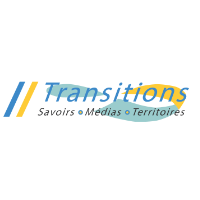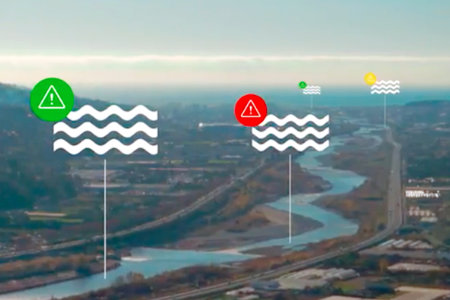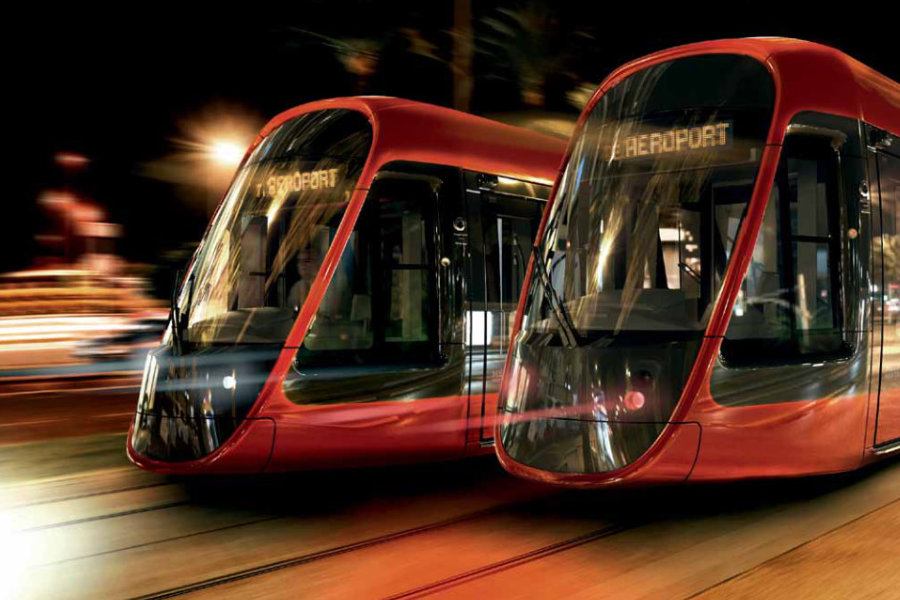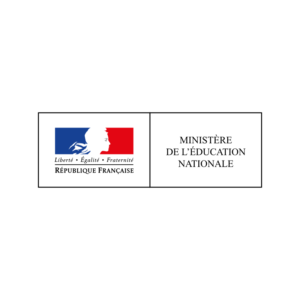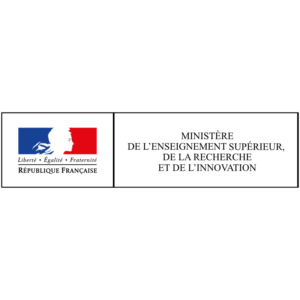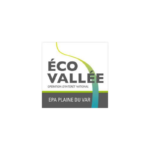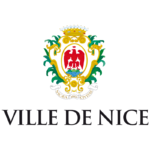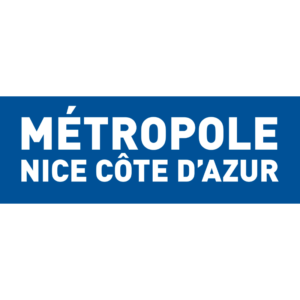TransitionS
Presentation
The project of // Transitions focuses on the digital humanities, associated with digital methods, which interrogate all the functions of communication, whether it concerns the production of information, its semio-discursive materiality as well as the modalities of its reception.
Within the Anthropocene – this new definition of the context for which the human appears on the one hand, as his own product and on the other hand, as the main factor of transformation of an environment that is no longer given or to be transmitted – the socio-ecological transition of the territories determines innovative practices of recomposition of individual and collective subjectivities. Thus the perspective of a data-centered society generates new controversies that deserve to be learned. At the time of a globalizing thought that defines new limits and possibilities, digital transition and socio-ecological transition of the territories invite accordingly a reterritorialization of the issues and controversies between producers and receivers.
Research topics
Knowledge: study of the interactions between the production of scientific knowledge and the circulation of knowledge on the one hand; study of the conditions of transmission of this knowledge within the school and within the social body more generally (learning communities for example)
New informational dynamics: The digital transition introduces profound changes in our relationship to information. Permanent scale variations between the macro, meso and micro levels impose a new plasticity on information in the dynamics of the constitution of public opinion (empowerment). By modifying the production chain of information, the use of new tools also leads to the processing of new topics. Our questions relate particularly to the place of newsgames for example in the production of information; on the links between journalism, information and knowledge; and finally, the training of journalists and their status.
“Ecrilecture” and learning: The scientific activity is characterized in particular by a reading-writing activity in the broad sense: annotation, analysis, categorization, representation, communication, diffusion … It is by a repeated work of reading and writing that one acquires the knowledge that allows the intelligibility of the sensible world. “Ecrilecture” as it is envisaged with the advent of hypertext on the web modifies not only the cycle of production and dissemination of research results, but also our cognitive learning schemas. This transition questions the literacies necessary to control the information flows of a hypertelic set of socio-technical devices. Our questions concern the modes of production and diffusion of knowledge; skills to understand / understand the processes of production, dissemination and transmission of knowledge.
Media: studies of changes to the professional practices of information and communication, analysis of actors’ speeches, studies of reception practices
Mediation of the sensitive and territories: studies of the various interactions between journalists, scientific experts, mediators and other actors of the territory from the circulation of statements, information and related data; These interactions lead to questioning the place of users both within smart cities and parks as well as sensitive seizure of territories.
From smart-city to smart-citizen: The advent of the data society is an unevenly shared cognitive revolution. In addition, the sociotechnical regimes developed do not take into account the subject as a sensitive entity. Our questions relate to the mediations of the sensible in relation to the territories; on the uses of the applications in context and the modifications induced on the mediations (for example the modifications in the patient / health system relationship); and on invisible populations (representative democracy and participatory democracy).


